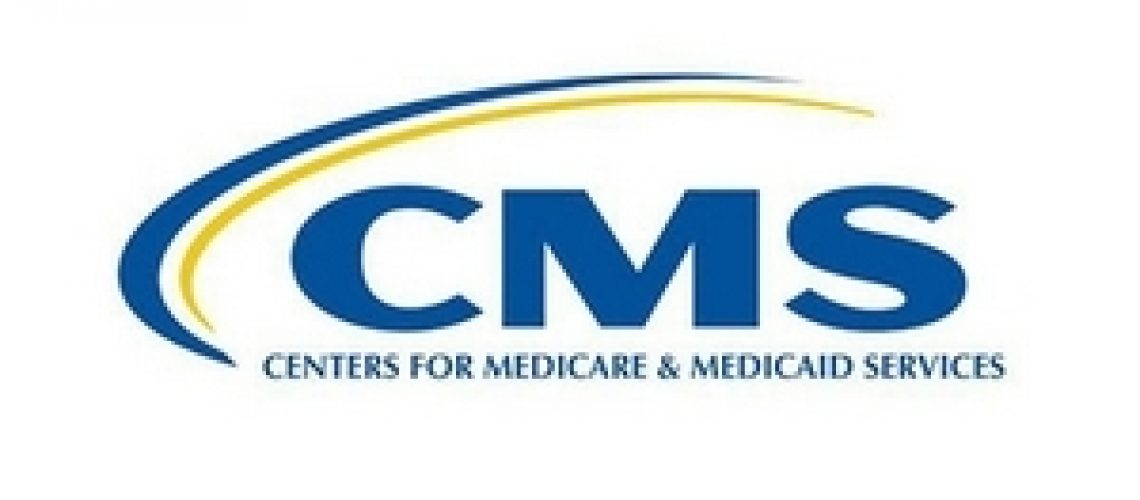New identification cards the government is sending out to all Medicare recipients in an effort to deter fraud may actually end up encouraging scammers and hindering physician billing, according to sources contacted by Bloomberg Law.
The new cards haven’t been mailed out yet but seniors have already reported potentially fraudulent contacts, including requests for seniors to pay for the new cards.
With 58.5 million beneficiaries enrolled in Medicare as of 2017, physicians will likely face a wave of beneficiary confusion over how to use the new cards, confusion that may end up delaying Medicare claims billing. Medicare processes around 1 billion fee-for-service claims a year and paid $395 billion in Part A and Part B claims in 2017.
The new cards are designed to curb fraud by removing Social Security numbers and will initially be mailed out to beneficiaries in Delaware, the District of Columbia, Maryland, Pennsylvania, Virginia, and West Virginia starting in April. The card roll-out is expected to be completed by April 2019.
FTC, AARP Alerts
The new card roll-out has also prompted a bulletin from the Federal Trade Commission alerting consumers to potential fraud. The early March bulletin warns consumers to safeguard their new card information and reject any requests to pay for the cards.
The seniors’ group AARP has been informing its 38 million members about the new cards, but the changes will give fraudsters a new opportunity to defraud seniors by taking advantage of any confusion surrounding the roll-out, Andrew Scholnick, a senior legislative representative with AARP, told Bloomberg Law.
“We’re reminding everyone that if they get a call purporting to be from the Centers for Medicare & Medicaid Services saying you either have to confirm your Social Security number or pay for your new card, hang up,” Scholnick said. The new cards are free and Medicare already has beneficiary Social Security numbers, Scholnick said.
The new cards were mandated by the Medicare Access and CHIP Reauthorization Act (MACRA) of 2015.
Billing Issues
The new Medicare ID cards will make it harder for fraudsters to steal patient information but will also create challenges for hospitals and health systems, George Arges, senior director for health data management at the American Hospital Association, told Bloomberg Law.
The new cards are replacing the Social Security number with a random number that has no built-in logic and is the same field size as the old Social Security number-based health insurance claim number and can be used in the existing billing systems, Arges said, adding that hospitals will have to make changes to ensure a smooth transition.
Hospitals and health systems have several tasks to ensure a smooth roll-out, Arges said, including:
- making patients aware of the new cards;
- accessing the Medicare Administrative Contractor (the Medicare payment contractors) portals to obtain the new number if patients forget their card;
- making billing system changes to pull the Medicare beneficiary identifier from paid claims if the earlier claim was submitted with the old number; and
- managing patient quality of care if the patient admission process takes longer due to some of the above issues.
Starting in October, providers submitting Medicare claims using a patient’s old Social Security-based Medicare identifier (the health insurance claims number) will receive the old number as well as the new identifier on every remittance advice. The remittance advice is a letter sent to health-care providers indicating that their claims have been paid.
“Protecting patients and their personal data is a 24-7, year-round responsibility,” Arges said, referring to the new card roll-out and its challenges.
Early Scam Reports
AARP has already heard reports that seniors have been getting calls from scammers posing as Medicare representatives and asking beneficiaries to verify personal information or pay a fee to receive their new cards, Kathy Stokes, a fraud expert with the AARP Fraud Watch Network, told Bloomberg Law.
While the federal government has been publicizing the release of the new cards, more needs to be done to reach older Americans and educate them about potential Medicare fraud, AARP’s Scholnick said. The seniors’ group is using social media as well as the April issue of AARP Bulletin to get the word out to beneficiaries, Scholnick said.
The Centers for Medicare & Medicaid Services didn’t respond to a request for comment on how the new cards will address fraud concerns.
Fraud Concerns
Reducing the number of Social Security numbers in circulation should be enormously helpful in preventing fraud but it’s just a matter of time before databases containing the new Medicare identifier start getting hacked, Eric Fader, a health-care attorney with Day Pitney LLP in New York, told Bloomberg Law.
“Implementing the new numbers will only delay and reduce, not eliminate, the theft of Medicare services,” Fader said. Starting over with new Medicare identifiers is less critical than improving overall data security throughout the health-care industry, down to the individual hospital or provider’s office, Fader said.
That being said, the year-long roll-out should give Medicare beneficiaries and health-care providers enough time to get used to the new cards, and the CMS is planning numerous outreach efforts, including mailings, social media posts, and public service announcements, Fader said.
“There are always some laggards with any major shift of this nature, but if need be the transition period can be extended if CMS perceives that widespread confusion persists,” Fader said.
——————————————————
Photo courtesy of: Medical Coding News
Originally Published On: Bloomberg News
Follow Medical Coding Pro on Twitter: www.Twitter.com/CodingPro1
Like Us On Facebook: www.Facebook.com/MedicalCodingPro







